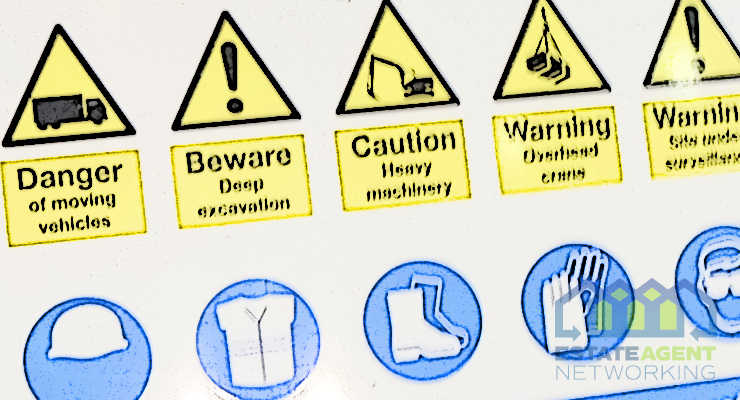Buying a property through auction
Auctions can be a great way to snap up a bargain. It is a quick and cost effective method when buying a property. However, it is important that you understand the process and are prepared for the issues that may lie ahead.
Before the auction
The first step to take is to look on the internet or visit your local property auctioneers and obtain a catalogue. This will contain lots of details about the properties which will soon be up for auction. Catalogues will be packed full of property details, guide prices and viewing arrangements. Make a note of the properties which you are interested in and see if you can fit in a viewing before hand. If you require mortgage assistance, make sure you have spoken with a mortgage provider to see how much you will be able to borrow.
When you have a found one or two properties you like, its time to arrange a viewing, you can do this through the auctioneers. These are often dealt with as ‘block’ viewings at specified times, so you may need to be flexible with your arrangements.
With every property purchase there are always legal bits which can be frustrating. The sellers solicitor should provide you with a HIP (home information pack), which will contain the relevant legal information.
It is also very important to keep yourself updated with the auctioneers. There can sometimes be changes to pricing and alterations to the description of the property. Properties can even be withdrawn from the auction completely, so it is essential to keep yourself updated.
If you can’t make it to the actual auction, you can bid be telephone or proxy form. You need to contact the auctioneers in plenty of time before the auction to make these arrangements.
On the day
On the day you need to have a 10% deposit ready for the payment and when the contracts have been signed, you will need to pay the remaining 90% in the near future.
Once you have decided to make a bid, you can either attend the auction yourself or get a friend or solicitor to attend for you. If someone is attending on your behalf they will need to bring a written letter of authority together with identification documents for themselves and the buyer.
You will need to arrive at the auction early so that you can register. There will be a simple form to fill out which shouldn’t take too long. You will also need to bring identification to register. You will then be given a buyers number to use at the auction – then you can get bidding!
You will need to remember that the majority of the properties will have a reserve price on them – which is the minimum price that the auctioneer is allowed to sell the property at. This information is not always revealed to the bidders.
If you are unfamiliar with the auction process, once the auctioneer has let the hammer fall, that is the end of that particular sale.
To begin with the auctioneer will decide the level of each bid depending of the value of the property and the amount of interest. Before the hammer is brought down the auctioneer will point to the highest bidder and say the amount of the final bid – after this has happened it creates a binding contract and the auctioneer will record the buyers number and also the sale price.
After the auction
If you have been lucky enough to win a bid on a property, you will then be handed a sale memorandum which will record the details of the sale. The buyer who was successful will have to sign the sale memorandum and will have to pay the 10% deposit before leaving the auction.
Also, as soon as the hammer falls the successful purchaser will be responsible for insuring the property. The successful purchaser will need to pay the rest of the sale price in the future, as well as any additional costs.
We hope this guide has been useful and if you require a survey on a property you are looking to buy just visit www.rightsurveyors.co.uk.








